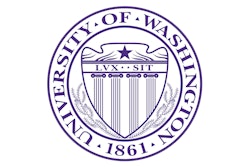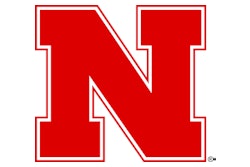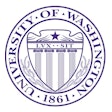Copyright 2017 Dayton Newspapers, Inc.
Dayton Daily News (Ohio)
Washington coach Chris Petersen has moved on from the debate over Pac-12 After Dark, those late-night televised conference games that end in the wee hours on the East Coast.
But it's worth noting he did bring up a topic that's been debated on the West Coast for some time. Some say those late TV games are a great showcase for the Pac-12, while others say it's tough on the players.
Some, like Petersen, wonder if it's actually hurting teams to start so late when it comes to exposure. And, by extension, many wonder if it impacts things like postseason awards: After a long day of Saturday football games, are Heisman voters staying up late enough to see the league's stars like Washington State's Luke Falk or Stanford's Bryce Love? Last week, Petersen addressed a series of late starts for the Huskies - who have not started a game before 5 p.m. local time this season — and apologized to fans.
"It hurts us tremendously in terms of national exposure. No one wants to watch our game on the East Coast that late, and we all know it," he said.
The issue was amplified in a not-so-good way over the weekend when Kirk Herbstreit said on ESPN's "College GameDay" that Petersen "should be thanking ESPN for actually having a relationship."
Petersen tried putting the mini-controversy behind him this week. The Huskies play Arizona State on Saturday night, and yes, it's a late kickoff.
"I don't have any more thoughts on this. I spoke my piece," Petersen said. "I'm on to Arizona State and that's really how it is."
The reality is that the league has a 12-year, $3 billion contract with ESPN and FOX. Good West Coast teams, like No. 5 Washington, are going to get those late national time slots because there's no other competition for them.
Pac-12 Commissioner Larry Scott said member schools have to accept late kickoffs as the trade-off for increased exposure and revenue. He was at California's game at Washington, which started at 7:50 p.m.
"The night games rate better than the day games," Scott said. "So what tends to happen is, the better you do the more attractive you are for TV and the more you're going to get scheduled in the night."
USC coach Clay Helton said Tuesday that he accepts the entertainment/business aspect of it all.
"The whole thing about college football is we are TV-driven," he said. "As a coach, I've never worried about things I can't control. There's sometimes we're going to play at 12 o'clock, and sometimes we're going to play at 7:30. You just prepare your team for those different situations."
It's not a new issue. The Pac-12 CEO Group made up of presidents and chancellors from its member schools approved a recommendation last year to modify the league's agreement with ESPN and FOX to reduce the number of Pac-12 Network night games with a start of 7 p.m. or later.
"The Pac-12 has some of the most loyal fans in college athletics and we appreciate our television partners working with us on this important issue for fans," Oregon athletic director Rob Mullens said in a statement.
Read More of Today's AB Headlines
Subscribe to Our Daily E-Newsletter
Terms and Conditions Privacy Policy































